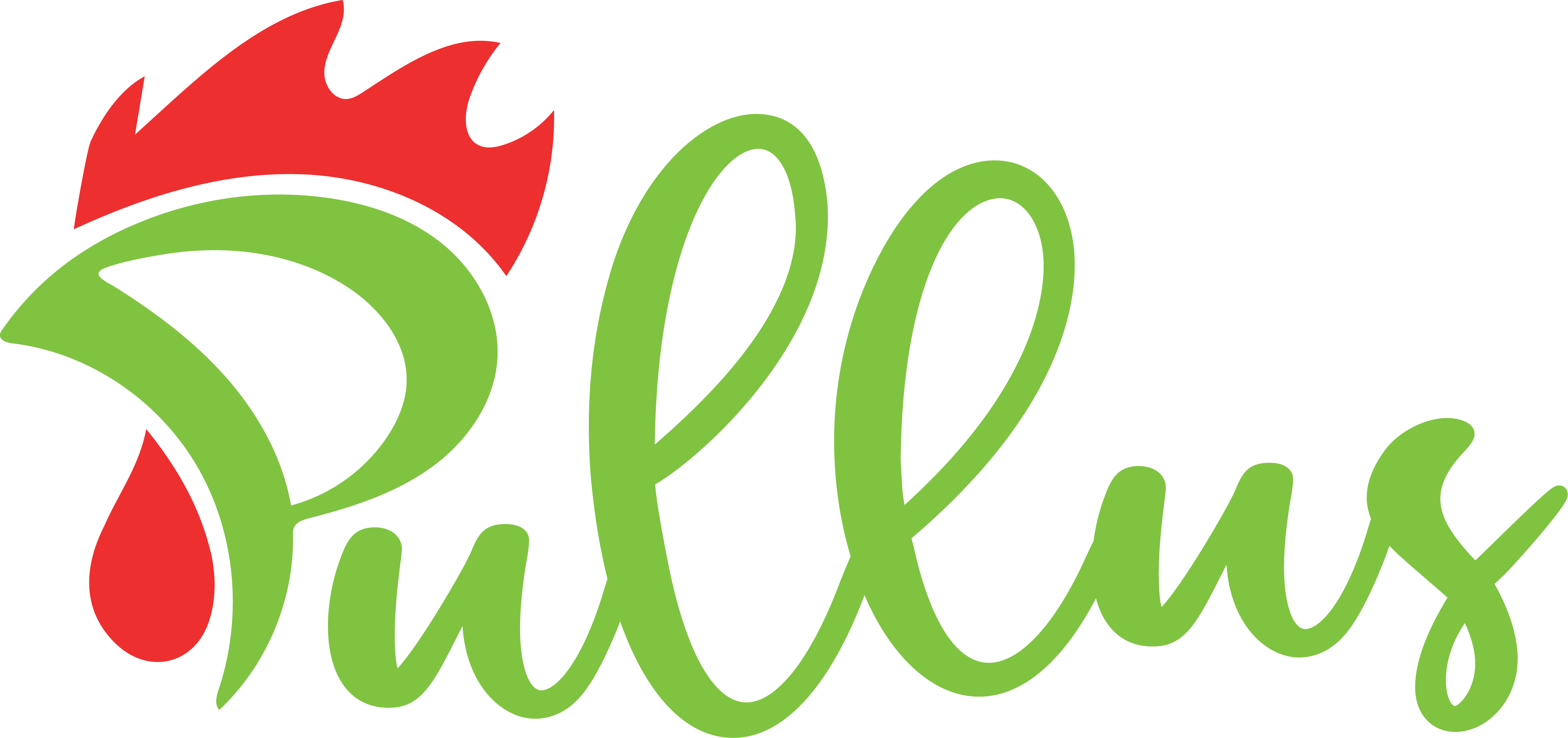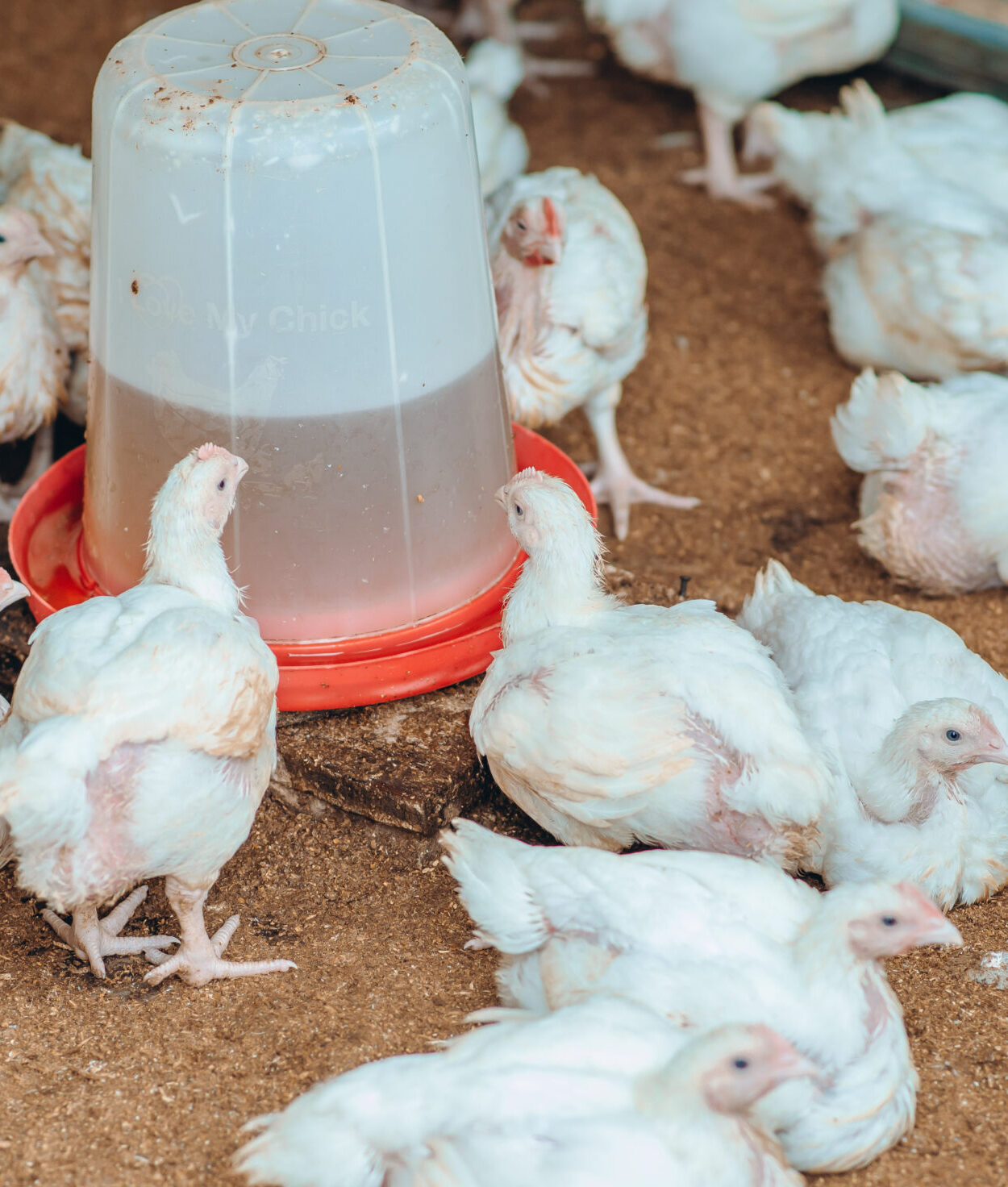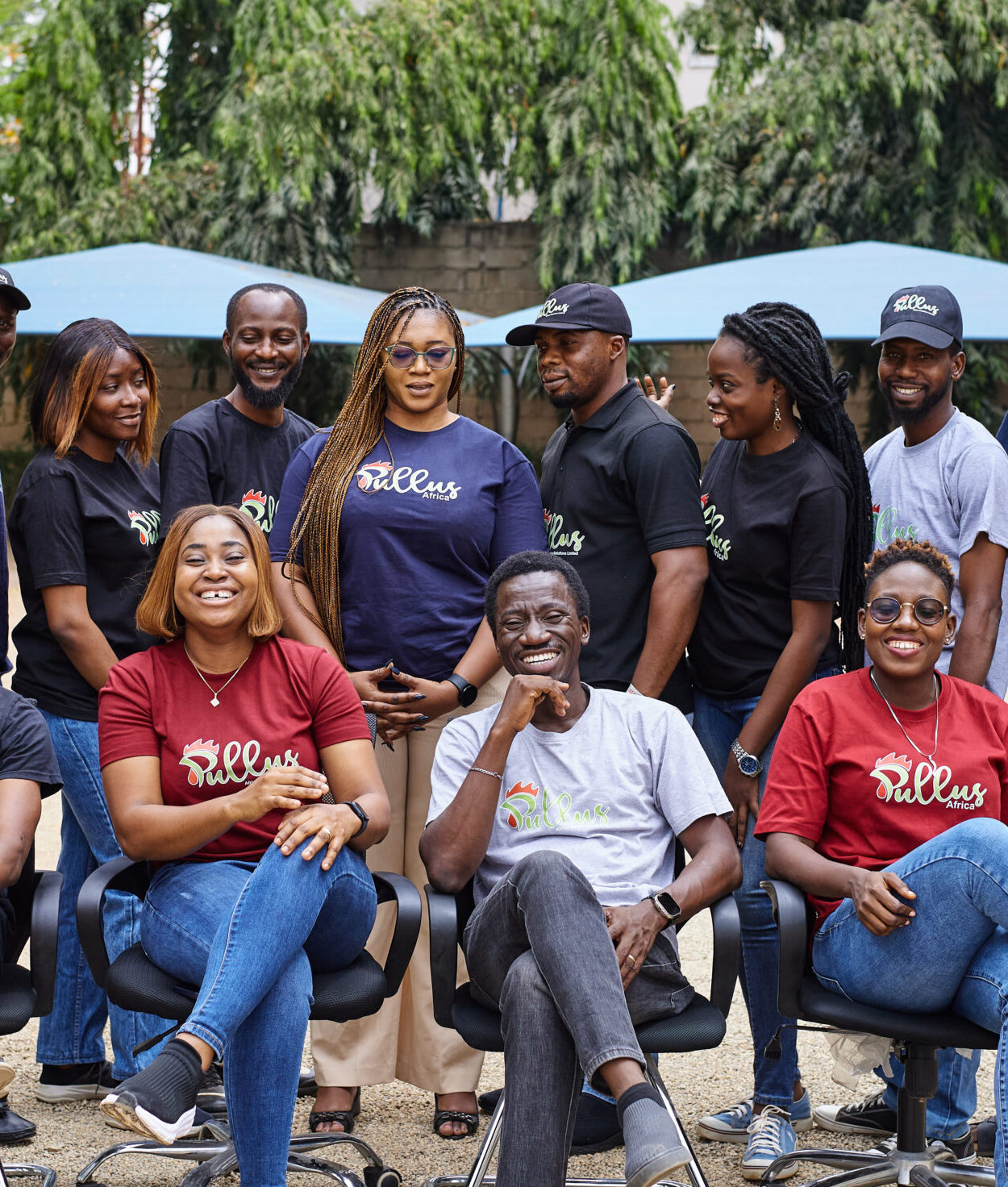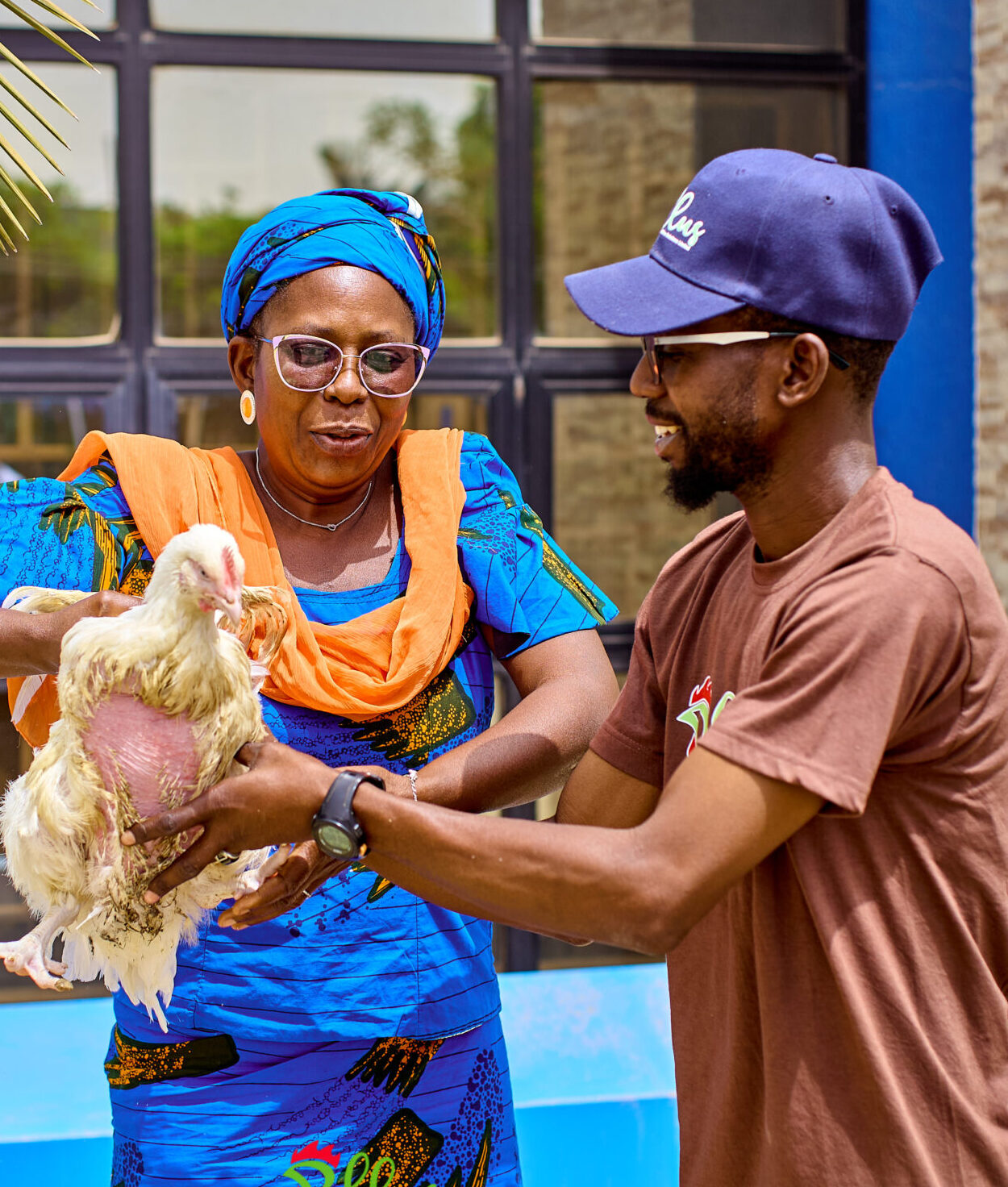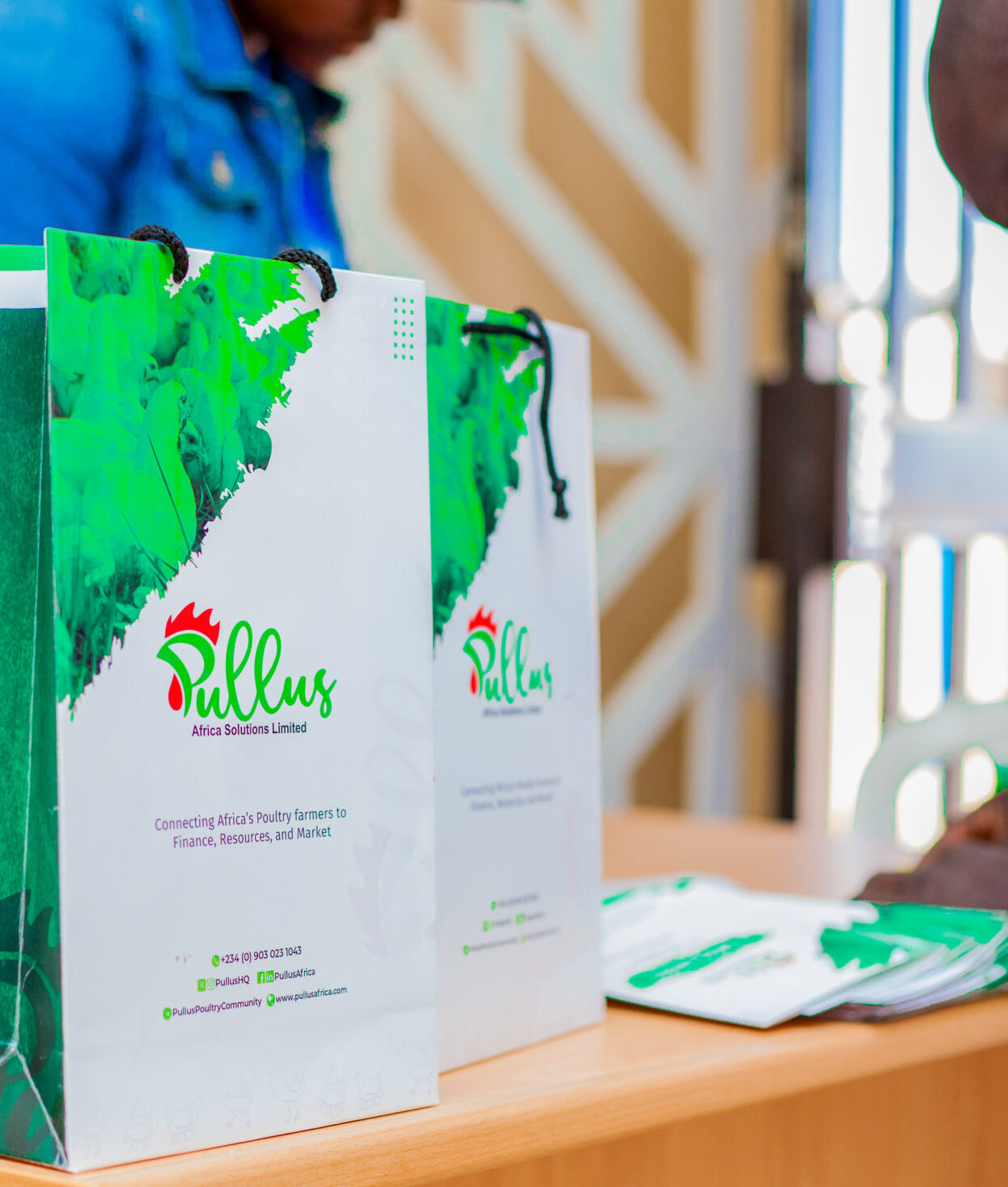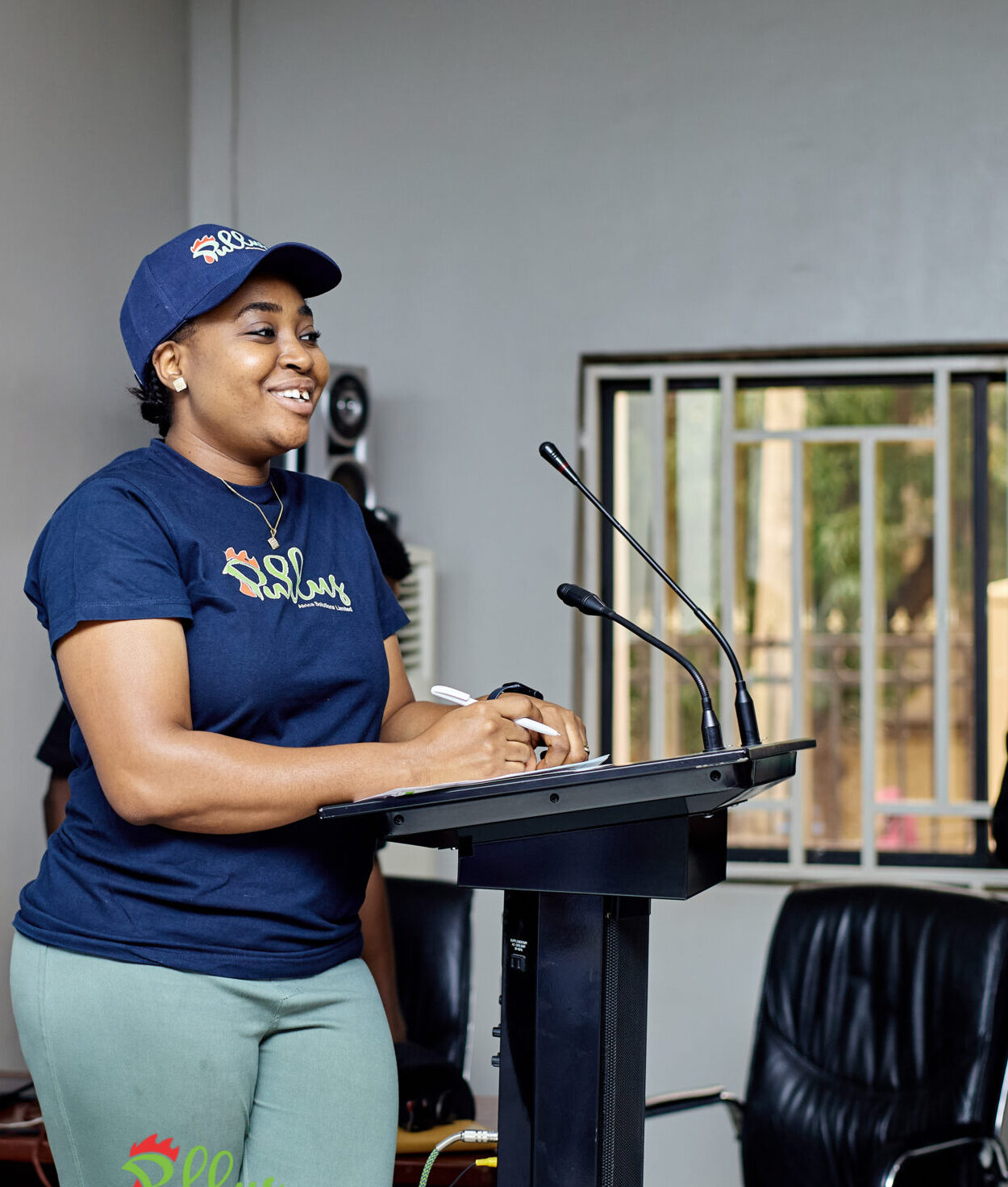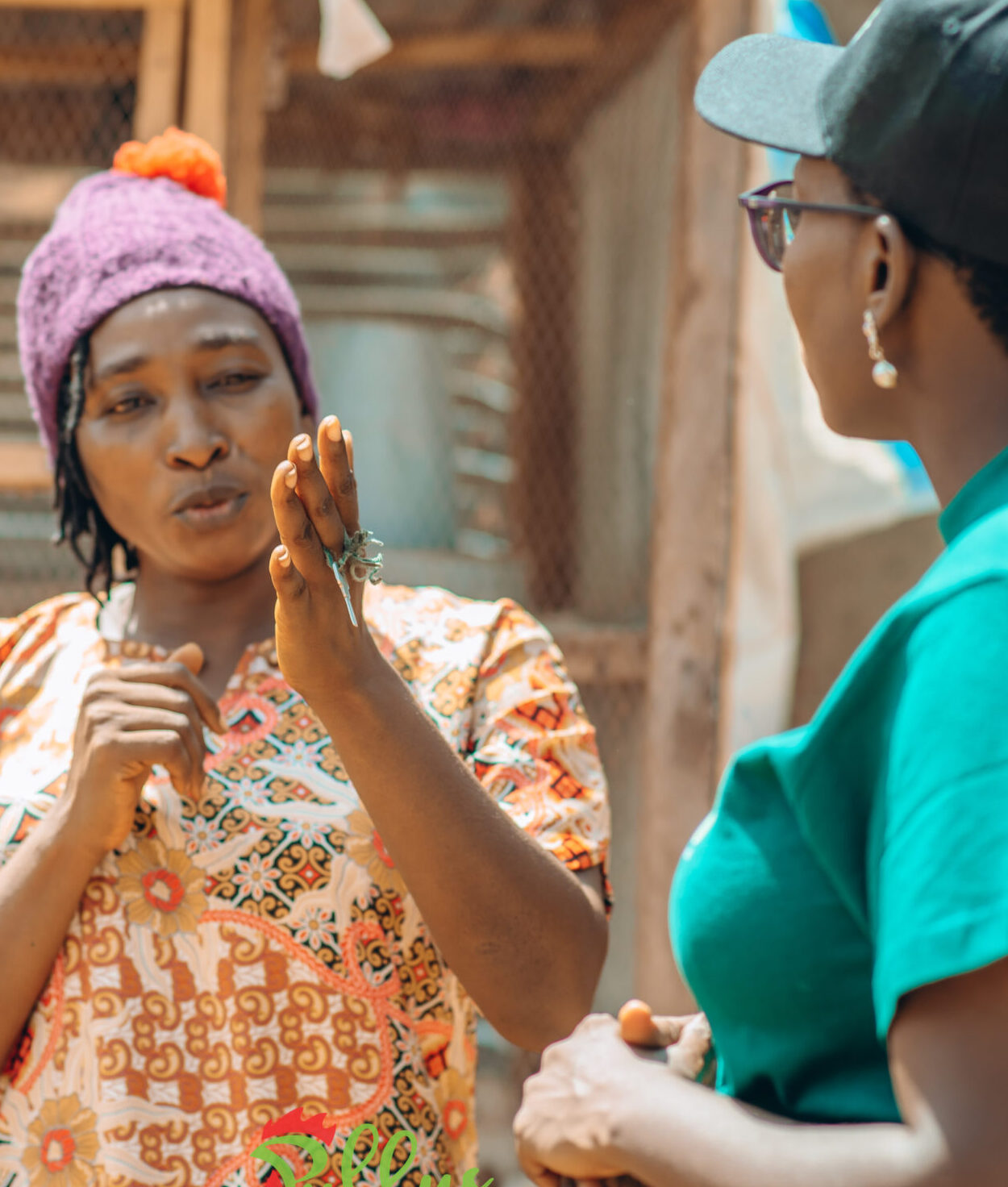We took on a challenge last year; to impact over 5,000 poultry farmers in Kaduna and Nasarawa states through sensitisation, training, and access to markets through the Poultry Supply Chain De-Risking Program (POS-DERP). With strong support and collaboration from Heifer Nigeria, it was not just a successful feat but also one filled with learnings and impact, even for us as an organisation.
We are happy to announce that we are taking POS-DERP to the next level. With support from Heifer Nigeria, POS-DERP 2.0 is live and aims to target 20,000 poultry farmers in rural and peri-urban areas of Kaduna, Nasarawa, and the FCT.
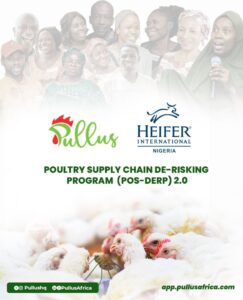
The Poultry Supply Chain De-Risking Program (POS-DERP) was designed to enhance the sustainability of the poultry industry in these states by training and developing the capacity of 5,000 smallholder poultry farmers, mostly women and youth, on best poultry practices and viable business models.
This was achieved using technology and our cluster system to enhance their productivity. POS-DERP is about de-risking the poultry value chain and driving competitiveness among smallholder poultry farmers in these states. The training empowered farmers to make informed decisions throughout their production cycle, which ultimately helped de-risked their poultry enterprises. Farmers saw increased income generation, and the program helped them build stronger social networks.
As a result of POS-DERP, the dynamics of payment to farmers have shifted in their favor. Previously, farmers waited endlessly for middlemen to pay, but this has changed—a domino effect of Pullus Africa’s 24-hour pay policy (which several middlemen are now adopting).
However, we identified critical gaps that needed to be filled to consolidate the gains of POS-DERP 1.0. These include cold chain and storage facilities, a dire need for innovative financing, continuous training and development of poultry farmers, technological adoption to aid farm management, and strengthening of the existing cluster systems. Hence the birth of POS-DERP 2.0, whose goal is to address these identified gaps.
POS-DERP 2.0 is set to impact 20,000 smallholder poultry farmers, and it will make a positive and indelible mark in the poultry sector and the lives of the participants in the regions to be covered. We are grateful to Heifer Nigeria for their collaboration and support, and we look forward to the impact that will be achieved.
